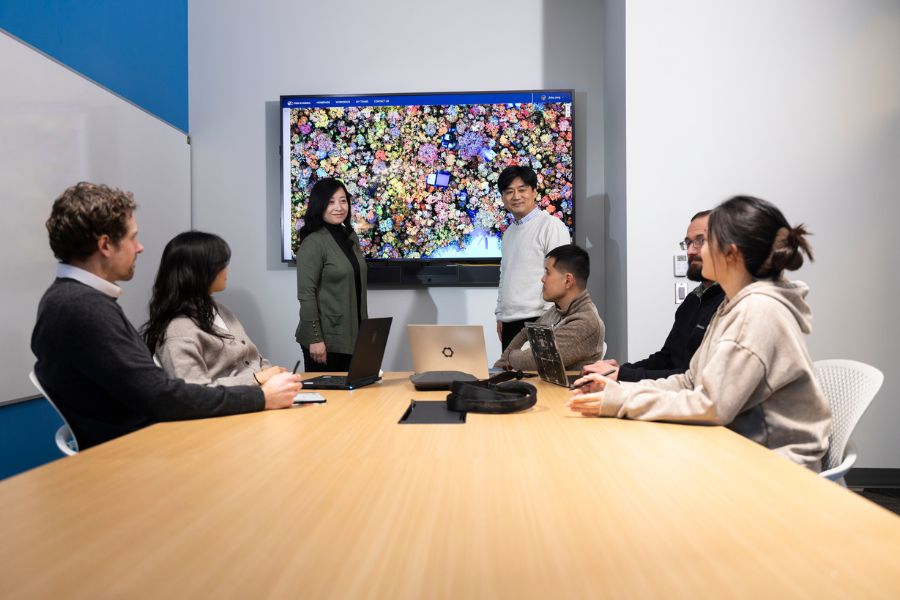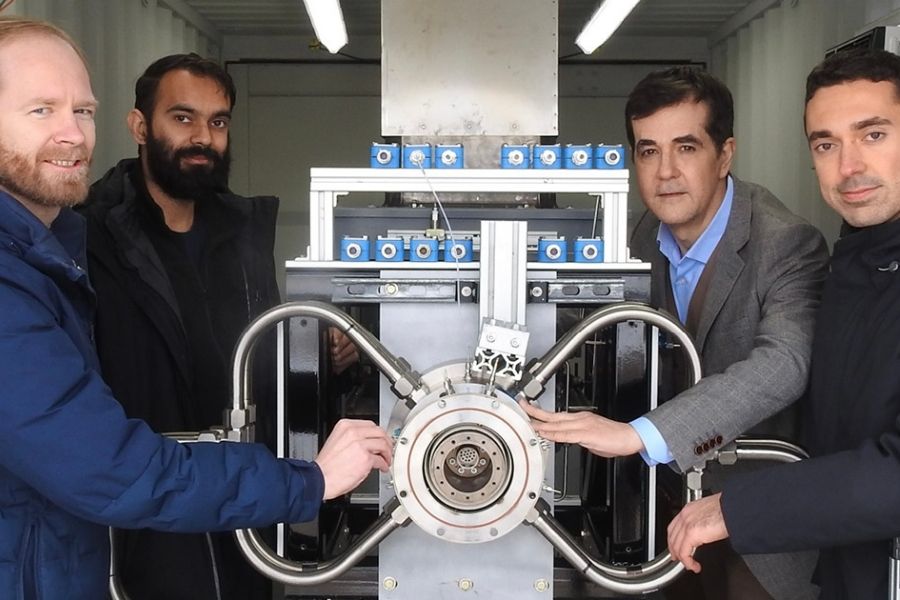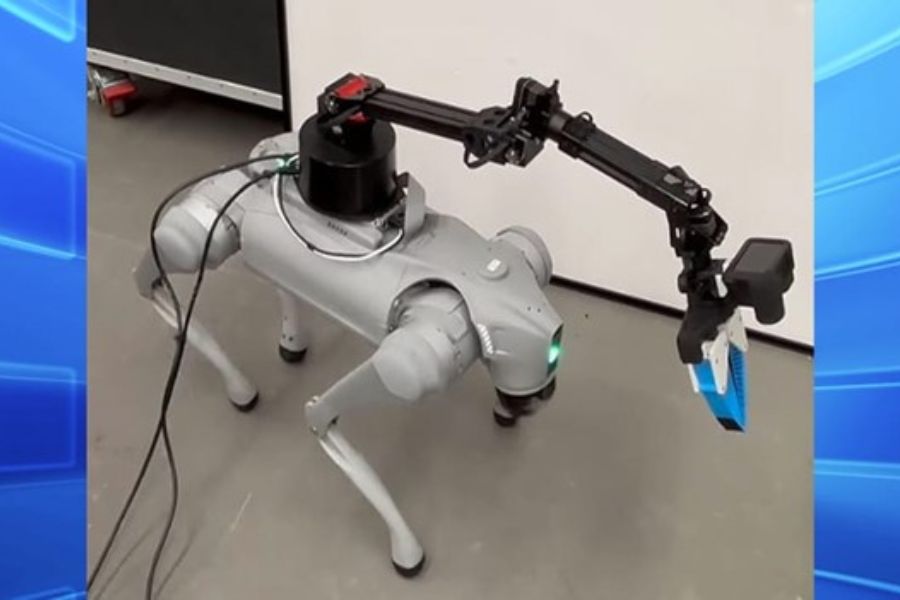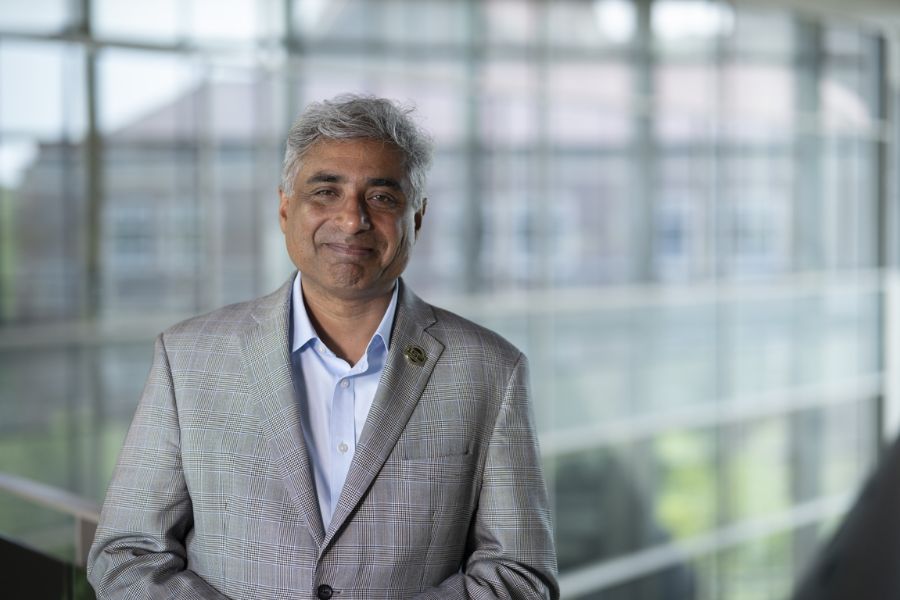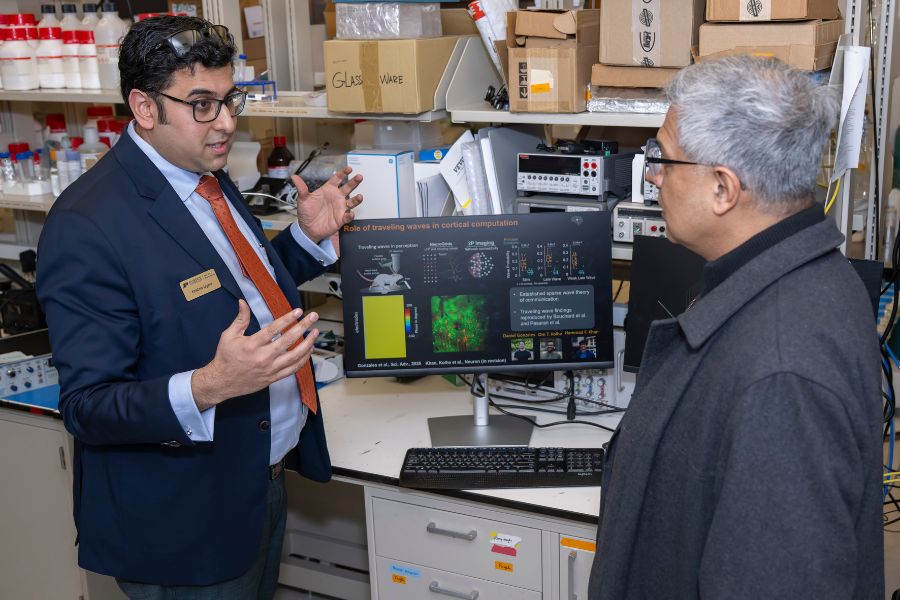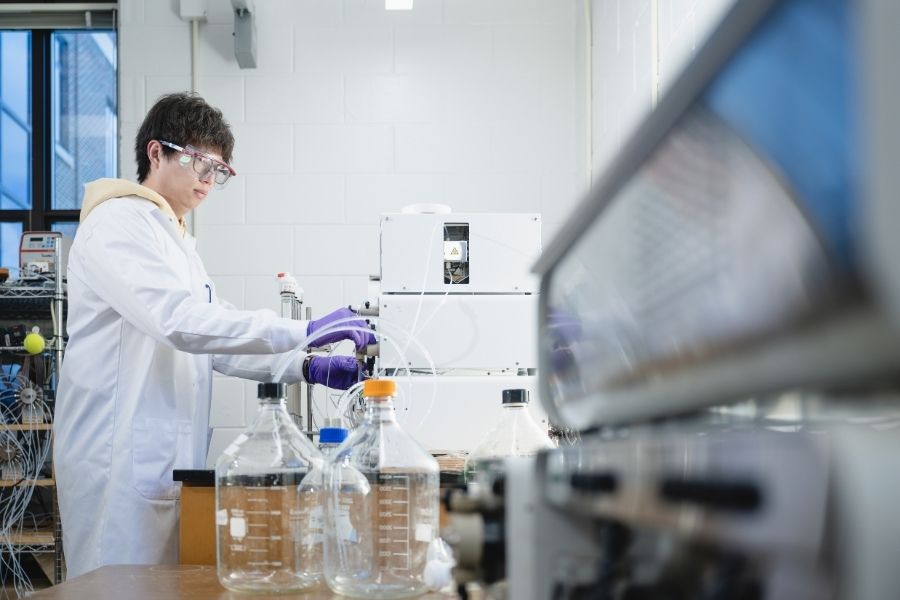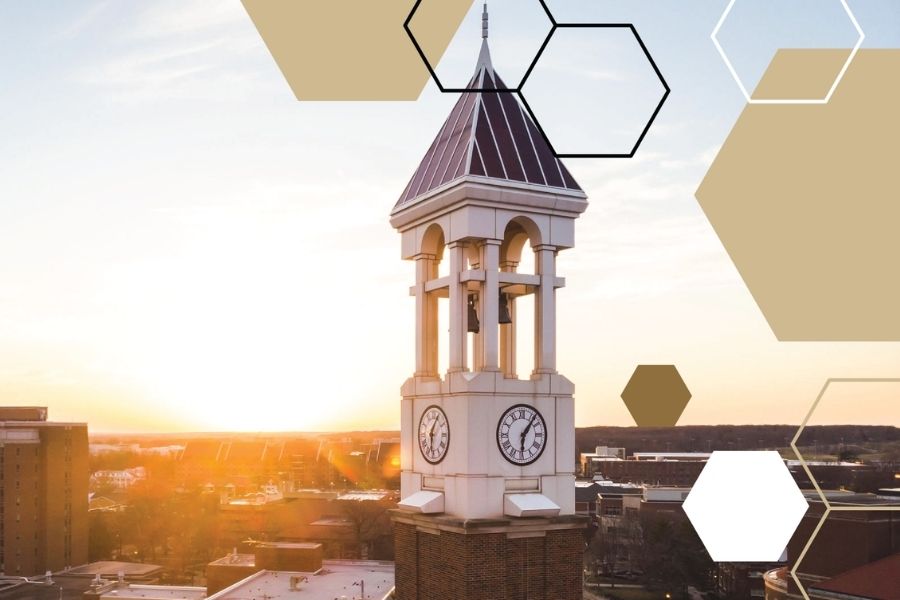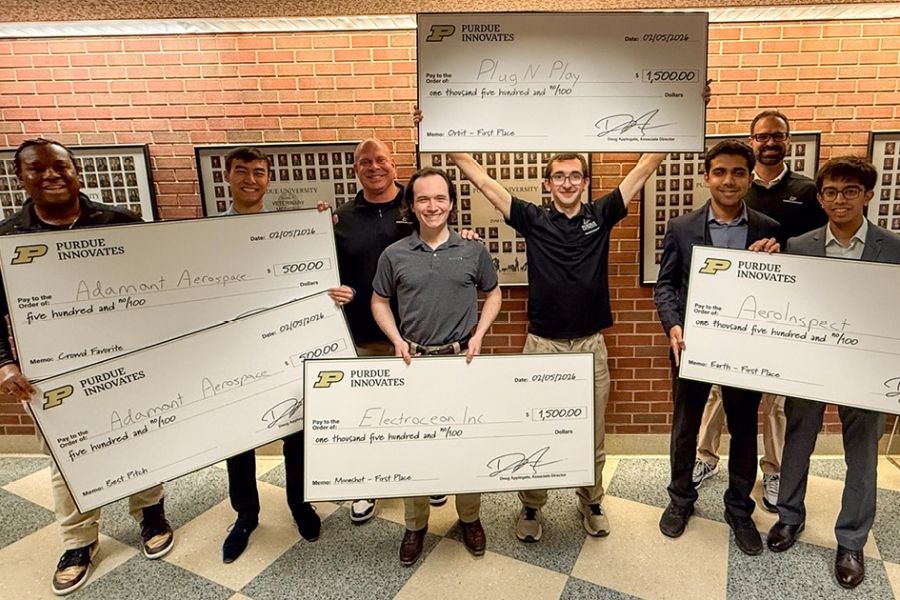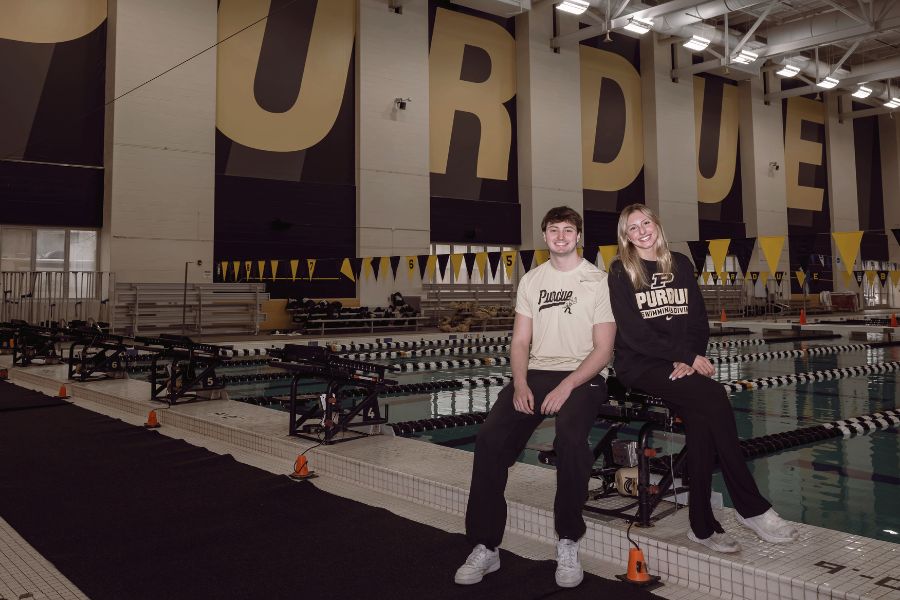ECE's Chiang, 3 alumni elected to National Academy of Engineering
ALUMNI:
105,000+
Living Worldwide
HOME OF
EPICS
Engineering Projects In Community Service
17
National Academy of Inventors Fellows
Social
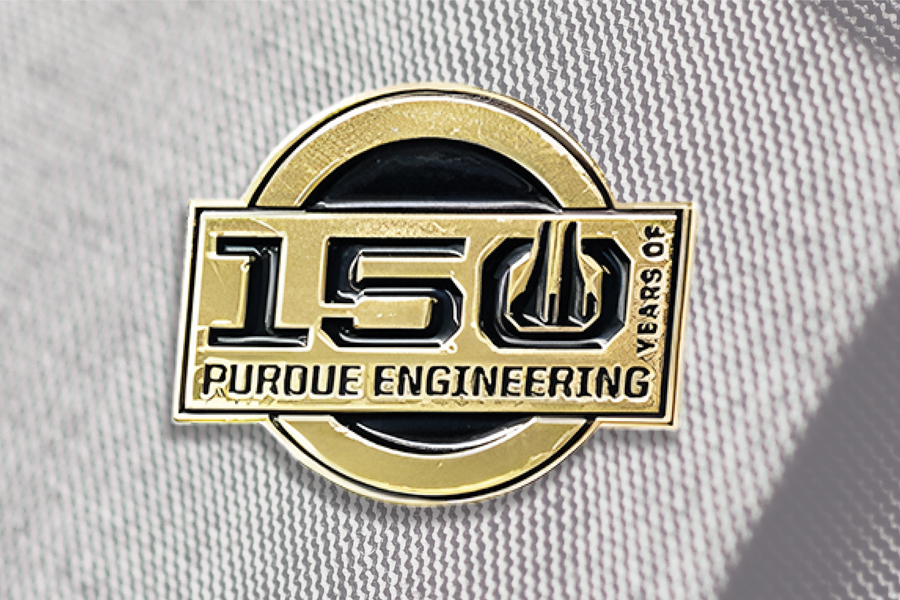
Show off your Purdue Engineering pride with this beautiful commemorative lapel pin! Receive your pin with a gift of $50 or more to the College of Engineering 150th Fund, which will help us empower Boilermakers to influence the field of engineering on a global stage for another 150 years.
This offer is only available while supplies last. Please allow 8-10 weeks for delivery. One lapel pin per household. International shipping is not available.
Give NowNo upcoming events.

